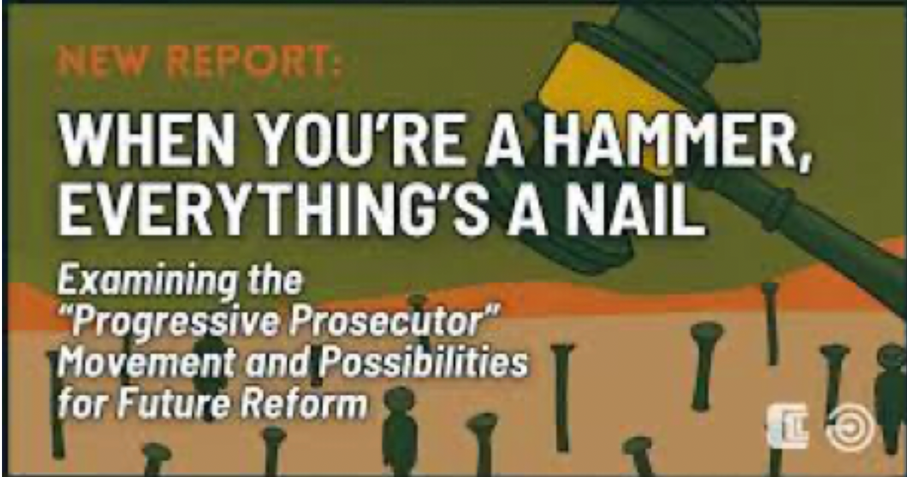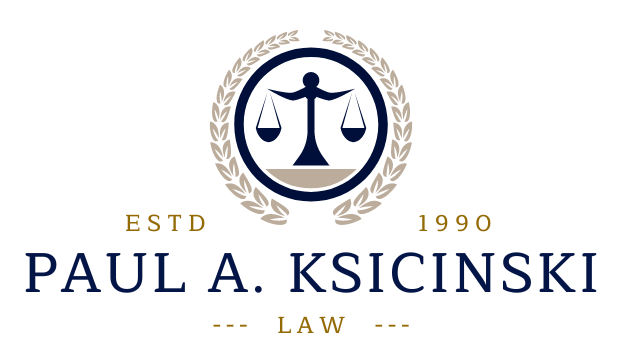Trump Has No Right To Trifle With Birthright Citizenship
Let’s try a little thought experiment. A husband and pregnant TIwife from the Taiwan are flying to the United States. As the jet enters American air space, the mother gives birth to her baby. Does the baby have a right to American citizenship?
This is not just a thought experiment. It really did happen. Plane birth sparks controversy in Taiwan, https://www.bbc.com/news/world-asia-34568772. However, the actual event did not happen in American airspace but over international waters.
But assume the facts of our thought experiment. The answer to the question does the baby have a right to American citizenship was answered by the Supreme Court over a 100 years ago in U.S. v. Wong Kim Ark, 169 U.S. 649 (1898). This judicial decision has been affirmed by the US Department of State. The U.S. Dept. of State Foreign Affairs Manual, 8 FAM 301.1-5 (“The rules applicable to vessels obviously apply equally to airplanes. Thus a child born on a plane in the United States or flying over its territory would acquire United States citizenship at birth.”), https://fam.state.gov/fam/08fam/08fam030101.html
In Wong Kim Ark, the U.S. Supreme Court examined at length the theories and legal precedents on which the U.S. citizenship laws are based. In particular, the Court discussed the types of persons who are subject to U.S. jurisdiction. The Court affirmed that a child born in the United States to Chinese parents acquired U.S. citizenship even though the parents were, at the time, racially ineligible for naturalization.
The Court also concluded that: “The 14th Amendment affirms the ancient and fundamental rule of citizenship by birth within the territory, in the allegiance and under the protection of the country, including children here born of resident aliens, with the exceptions or qualifications (as old as the rule itself) of children of foreign sovereigns or their ministers, or born on foreign public ships, or of enemies within and during a hostile occupation of part of our territory, and with the single additional exception of children of members of the Indian tribes owing direct allegiance to their several tribes. The Amendment, in clear words and in manifest intent, includes the children born within the territory of the United States, of all other persons, of whatever race or color, domiciled within the United States.” Id. at 693.
Pursuant to this ruling:
(a) Acquisition of U.S. citizenship generally is not affected by the fact that the parents may be in the United States temporarily or illegally; and that; and
(b) A child born in an immigration detention center physically located in the United States is considered to have been born in the United States and be subject to its jurisdiction. This is so even if the child’s parents have not been legally admitted to the United States and, for immigration purposes, may be viewed as not being in the United States.
Wong Kim Ark, found that while the 14th amendment clearly declares birthright citizenship, the idea comes from an idea that existed in colonial times, that prevailed at the time it was adopted and ratified. As the Court said at 169 U.S. at 676:
As appears upon the face of the amendment, as well as from the history of the times, this was not intended to impose any new restrictions upon citizenship, or to prevent any person from becoming citizens by the fact of birth within the United States, who would thereby have become citizens according to the law existing before its adoption. It is declaratory in form, and enabling and extending in effect. Its main purpose was, as has been often recognized by this court, to establish the citizenship of free negroes, which had been denied in the opinion delivered by Chief Justice Taney in Dred Scott v Sandford (1857) 19 How 393, and to put it beyond doubt that all blacks, as well as whites, born or naturalized within the jurisdiction of the United States are citizens of the United States. Citations omitted.
Thus, the Court established that Dred Scott was wrongly decided. Moreover, the common rule of birthright citizenship was found to be a constitutional right that could not be changed by statute.
Donald Trump, however, suggested that unnamed legal scholars believe that birthright citizenship may not apply to the children of aliens residing in the United States without proper documentation. This argument apparently hinges upon an interpretation of the phrase “subject to the jurisdiction thereof” in the 14th Amendment.
The unnamed legal scholars mentioned by Trump clearly have not read Wong Kim Ark. The Court determined that persons born in an area under the control of the monarch owed their allegiance to the monarch and were also deemed protected by the monarch; that is the essence of citizenship:
The fundamental principle of the common law with regard to English nationality was the allegiance ….or “power” of the King. The principle embraced all persons born within the King’s allegiance and subject to his protection. Such allegiance and protection were mutual … [and] were predictable of aliens in amity, so long as they were within the kingdom. Children born in England, of such aliens, were therefore natural born subjects. But the children, born within the realm, of foreign ambassadors, or the children of alien enemies, born and during within their hostile occupation of parts of the King’s dominions, were not natural born subjects, because not born within the allegiance, the obedience, or the power, or, as would be said this day, within the jurisdiction of the King. Wong Kim Ark at 655. Emphasis added.
This clearly sets forth that when the 14th Amendment was adopted, the framers of the amendment meant the term ”subject to the jurisdiction” of the United States to have the same meaning as in common law; that is, people within the geographic power of the king and who therefore owed allegiance to the king.
Trump and his followers should recall Afroyim v. Rusk, 387 U.S. 253 (1967) which analyzed a different area of citizenship but made the point that:
Citizenship is no light trifle to be jeopardized any moment Congress decides to do so under the name of one of its implied grants of power. … The very nature of our free government makes it completely incongruous to have a rule of law under which a group of citizens temporarily in office can deprive another group of citizens of their citizenship. We hold that the Fourteenth Amendment was designed to, and does, protect every citizen of this Nation against a congressional forcible destruction of his citizenship, whatever his creed, color, or race.. Id at 268
In other words, Congress has no express power under the Constitution to strip a person of citizenship, and no such power can be sustained as an implied attribute of sovereignty, as was recognized by Congress before the passage of the Fourteenth Amendment. Id at 256-57. “The Constitution, of course, grants Congress no express power to strip people of their citizenship, whether in the exercise of the implied power to regulate foreign affairs or in the exercise of any specifically granted power.” Id.
The Supreme Court applied the equal protection clause of the 14th Amendment to undocumented school-age children who had been denied a free public education by the State of Texas. In doing so the Court directly addressed the phrase “subject to the jurisdiction thereof” in the 14th Amendment:
In appellants’ view person who have entered the United States illegally are not “within the jurisdiction” of a State even if they are present within the State’s boundaries and subject to its laws. Neither our cases nor the logic of the Fourteenth Amendment supports that construction…. Plyler v. Doe, 457 U.S. 202, 211 (1982)











